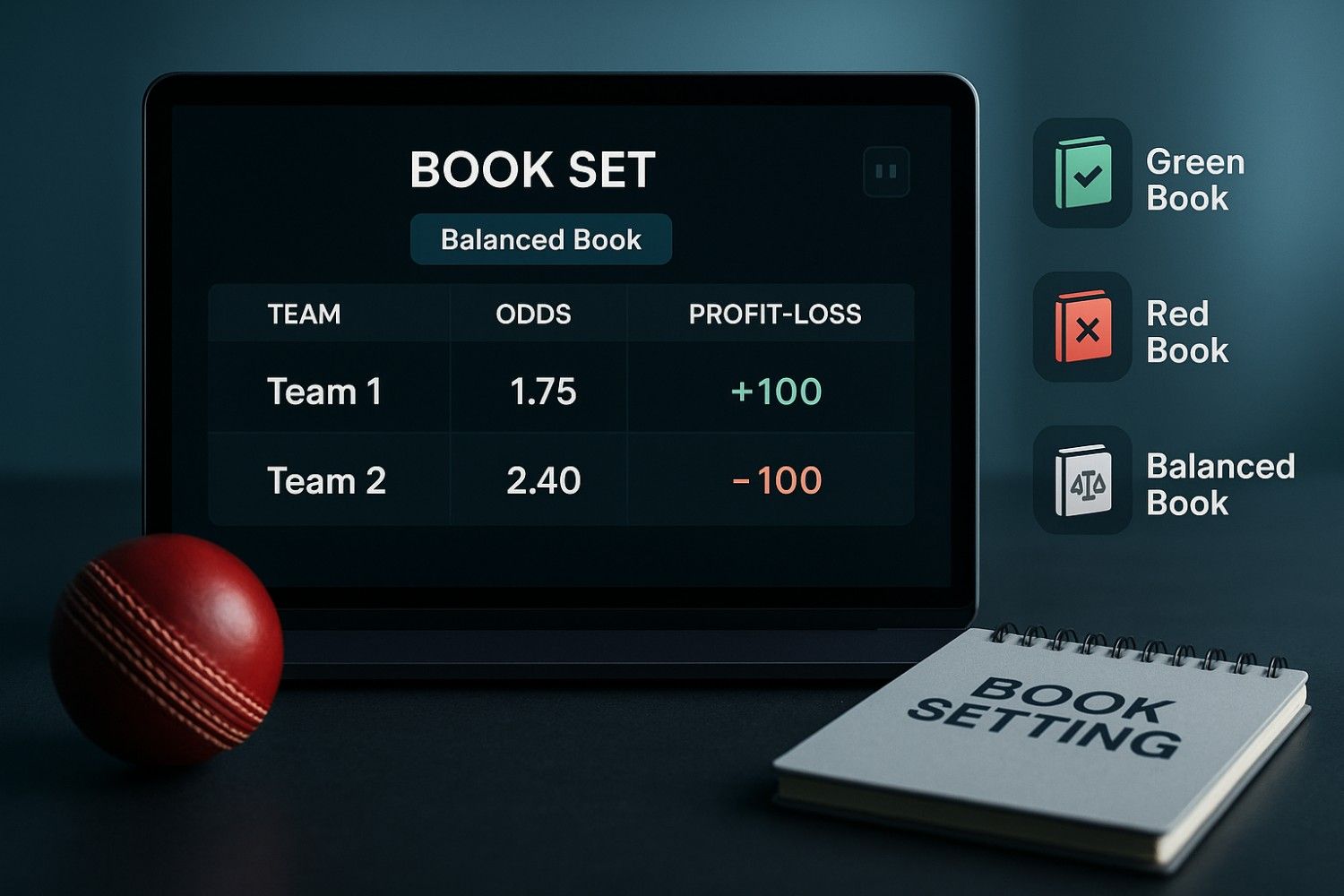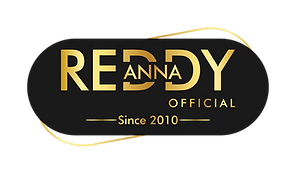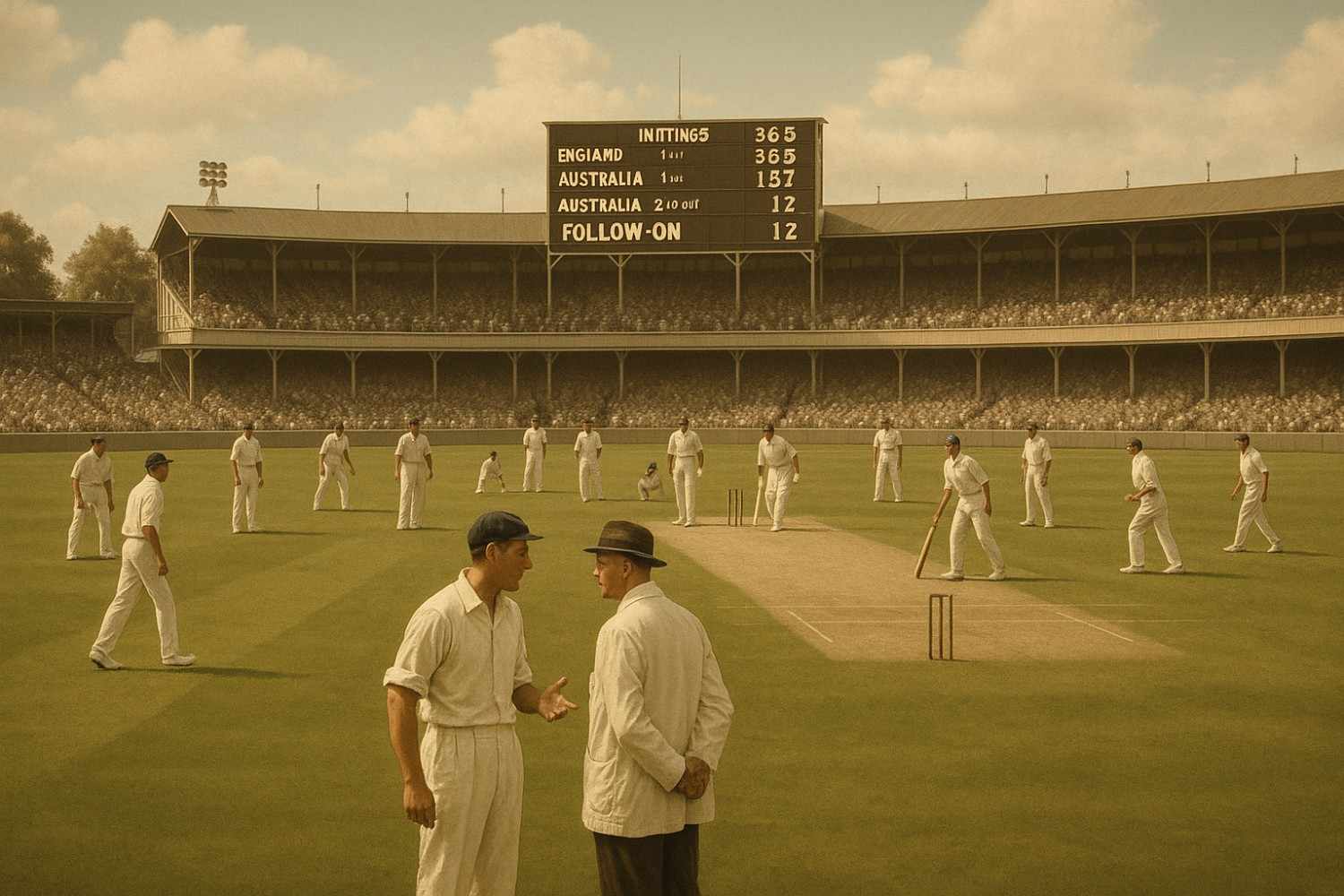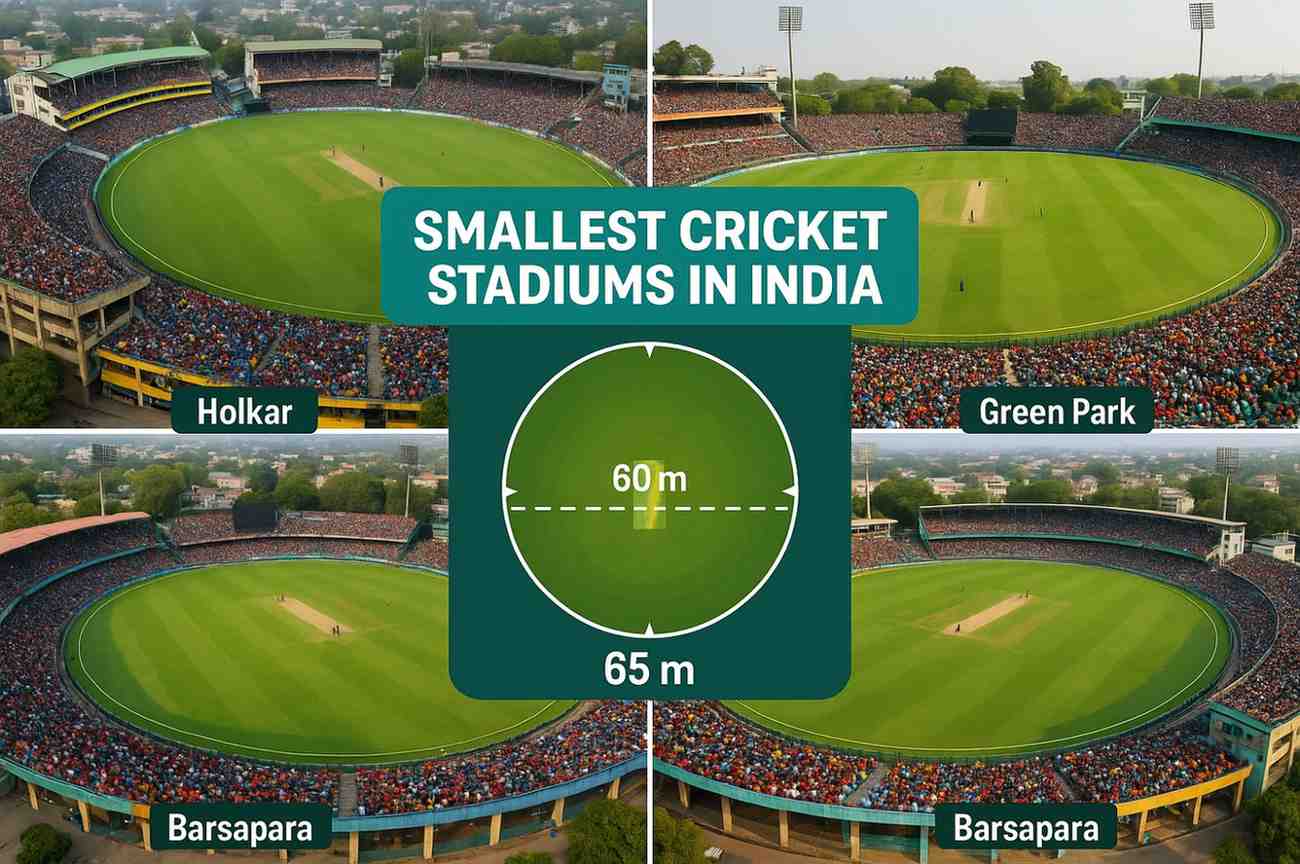If you’ve ever placed a sports bet and wondered how bookmakers come up with the odds or how they always seem to win in the long run the concept of a “book set” is at the core of it. Whether you’re a casual punter or someone aiming to take sports betting more seriously, understanding how the “book” is set can give you an edge.
In this guide, we’ll break down what “book set” means, why it’s so important in betting, and how bookmakers use it to manage risk and ensure profit. You’ll also learn how to read the signs and make smarter betting decisions as a result.
What Does “Book Set” Mean in Betting?
In sports betting, a “book” refers to the collection of all bets placed on a particular event. The term comes from “bookmaker,” someone who sets the odds and takes bets, essentially keeping a book of liabilities and potential outcomes.
A “book set” is when the bookmaker has laid out the odds in such a way that their position is secured ideally, no matter what the result is, they stand to make a profit or at least minimize their risk. This is also called balancing the book.
For example, if there are two teams in a match and bets are placed evenly on both at adjusted odds, the bookmaker doesn’t really care who wins. They’ve collected enough money on both sides that they’ll still come out ahead after paying winners.
This process is far more technical and nuanced than it seems and that’s what makes book setting such a fascinating (and essential) part of the betting industry.
How Bookmakers Set the Book
Bookmakers aren’t just guessing when they post odds. Behind the scenes, odds compilers, statisticians, and algorithms analyze data from hundreds of sources. They evaluate team form, player injuries, historical performance, and public sentiment. Once they’ve estimated the true probability of each possible outcome, they convert these into decimal or fractional odds.
Here’s the trick: the combined probabilities of all possible outcomes will exceed 100% when the bookmaker margin (also known as overround, vig, or juice) is added. This margin ensures the bookmaker has a built-in edge.
Let’s say a football match has the following true probabilities:
- Team A wins: 50%
- Team B wins: 30%
- Draw: 20%
The fair odds would be:
- Team A: 2.00
- Team B: 3.33
- Draw: 5.00
But a bookmaker might offer:
- Team A: 1.90
- Team B: 3.10
- Draw: 4.75
When you convert those odds back to implied probabilities, the total might be 106% or more. That extra 6% is the bookmaker’s cushion.
What Is a Balanced vs. Unbalanced Book?
The ideal situation for a bookmaker is a balanced book. This means that no matter the outcome, they’ve taken enough bets on all sides to guarantee a profit because of the built-in margin.
An unbalanced book, on the other hand, means too much money has been wagered on one side. If that side wins, the bookmaker could lose money.
But here’s the interesting part: sometimes bookmakers intentionally unbalance their books. This might happen if they believe the public is heavily overestimating one team, or if they receive insider data suggesting an undervalued result.
They might also adjust odds to encourage or discourage certain bets. For example, shortening the odds on a favorite might push bettors toward backing the underdog, helping the book rebalance itself.
Why Book Set Matters to Bettors
For casual bettors, understanding how a book is set might not seem immediately useful. But for anyone who wants to spot value bets, track line movement, or avoid being on the losing end of inflated odds, it’s essential knowledge.
When odds suddenly change, it’s often because the bookmaker is adjusting to balance the book. By following these movements, you can sometimes catch mispriced odds before they’re corrected. That’s one of the main strategies used by sharp bettors professional gamblers who consistently profit from sports betting.
Understanding the bookmaker’s motivations helps you think differently about the odds you see. You’re no longer just reacting; you’re interpreting market signals.
Book Set vs. Arbitrage and Value Betting
You might wonder how the concept of book setting compares to arbitrage betting or value betting.
Arbitrage betting is when a bettor takes advantage of discrepancies in odds across different bookmakers to guarantee a profit, regardless of the result. This only works because not all bookmakers set their books the same way, especially in fast-moving markets.
Value betting, on the other hand, is when you believe the probability of an event happening is greater than what the bookmaker’s odds imply. For example, if you believe a team has a 60% chance of winning, but the bookmaker’s odds suggest only 50%, there’s value in that bet.
In both cases, your success often depends on understanding how books are set and spotting inefficiencies in the market before they disappear.
Tools and Platforms That Show Book Set Metrics
If you’re serious about betting or just want to improve your chances several tools can help you analyze how books are set:
- Odds Comparison Sites like OddsChecker, OddsPortal, or BetBrain show how different bookmakers are pricing the same event. Large differences in odds can indicate opportunities for arbitrage or mispricing.
- Overround Calculators allow you to input odds and see the total margin built into the market.
- Line Movement Trackers help you monitor how odds shift over time, giving insight into where the betting volume is going.
Professional bettors often use betting APIs to gather real-time data and analyze it at scale. Even if you’re not going pro, these tools can help you bet smarter, not harder.
Key Takeaways
A “book set” refers to how bookmakers structure odds to ensure profit or minimize risk.
Bookmakers set odds using data analysis, probability, and a built-in profit margin (overround).
A balanced book means bets are distributed to guarantee profit regardless of the outcome.
Odds are adjusted based on betting volume and market movement to maintain book balance.
Understanding book setting helps bettors identify value bets and odds shifts.
Unbalanced books can occur intentionally when bookmakers anticipate or react to public bias.
Tools like odds comparison sites and overround calculators can help bettors analyze the market.
Professional strategies like arbitrage and value betting rely on reading book setups accurately.
FAQ’S
1. What does “book set” mean?
A “book set” in betting refers to the process by which a bookmaker arranges odds to ensure they make a profit regardless of the event’s outcome. By carefully balancing bets on all possible results and adding a profit margin (known as the overround), bookmakers can manage risk and maintain profitability. Understanding how a book is set helps bettors identify value and better interpret odds movement.
2. What does book mean in betting?
In betting, a “book” refers to the collection of all bets taken by a bookmaker on a particular event. The bookmaker sets odds and tracks the liability for each outcome, aiming to ensure profit by adjusting prices and creating a balanced book. This process is called “book setting” and helps manage risk and guarantee returns, regardless of which outcome occurs.
3. What is a book set called?
A book set is often referred to as a balanced book in betting terminology. This occurs when a bookmaker has successfully distributed bets in a way that ensures a guaranteed profit, no matter the result. By adjusting the odds to attract wagers evenly across outcomes, bookmakers maintain this balance while benefiting from the built-in profit margin called the overround.
4. How is a book set out?
A book is set by calculating the true probability of each outcome, converting those into odds, and then adding a margin to ensure profit. Bookmakers monitor betting volume, adjust lines in real-time, and aim to balance liabilities across all outcomes. This dynamic process ensures they either lock in a profit or minimize risk, regardless of how the event concludes.
5. How to make a book betting?
To make a book in betting, you estimate the true probabilities of all possible outcomes, convert them into odds, and apply a profit margin known as the overround. The goal is to set odds that attract balanced betting across all sides. This allows you, as a bookmaker, to cover payouts and retain a profit no matter the final result. It requires sharp analysis and constant monitoring.
6. What is over 2.5 bookings in betting?
“Over 2.5 bookings” in betting refers to a market where the total number of yellow and red card points in a match must exceed 2.5. A yellow card typically counts as 1 point, and a red card as 2 points. So, for your bet to win, the match must have at least three booking points in total. It’s popular in football card markets.















